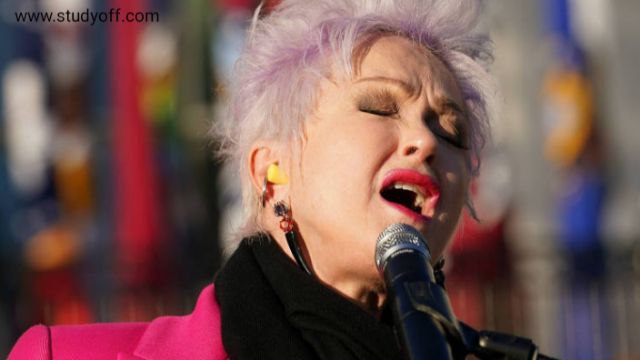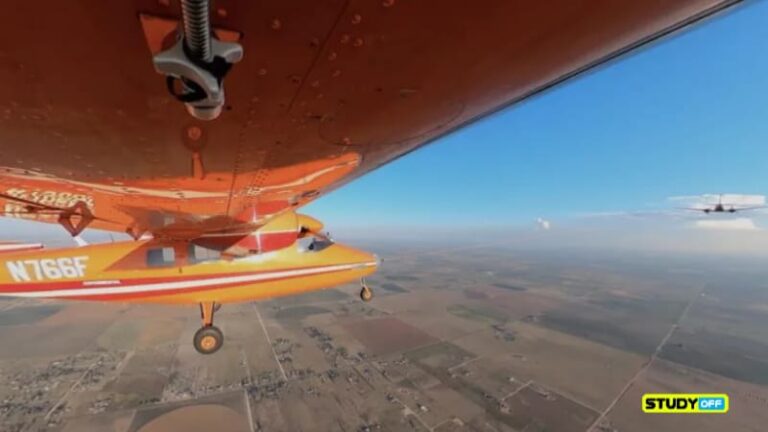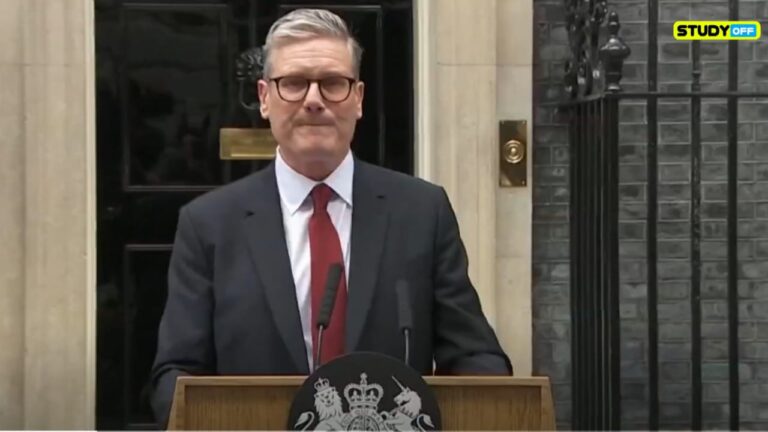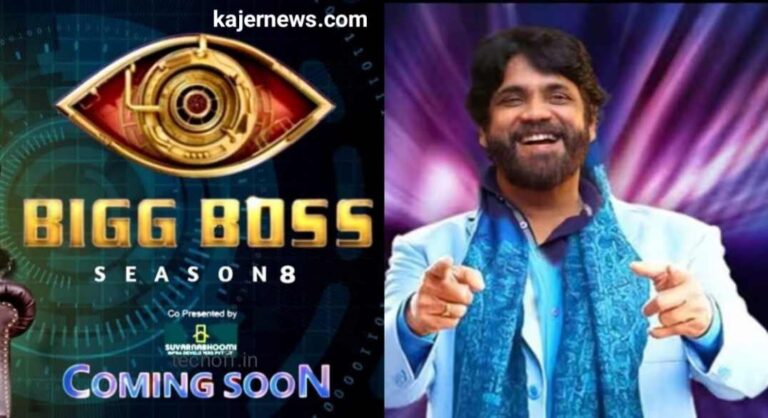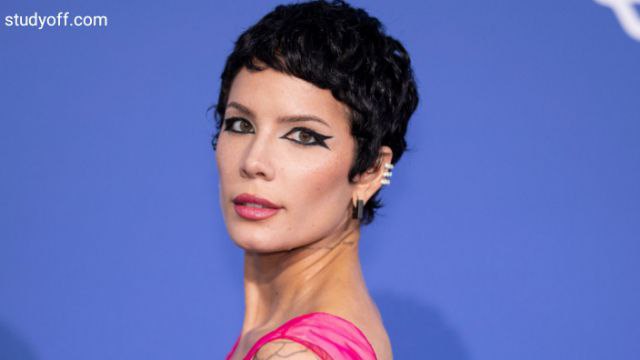“I’m Not Dead Yet” singer Cyndi Lauper didn’t think she needed a documentary at all.
June 02, Los Angeles, California The Grand Marshal of the WeHo Pride Parade is Cyndi Lauper.
For many years, Cyndi Lauper has been a well-known star. With songs like “Girls Just Want to Have Fun,” “Time After Time,” “She Bop,” and “All Through the Night,” she initially became well-known in the early 1980s. She went from being a normal woman with a dream to an overnight sensation, but naturally, it wasn’t as simple or quick as it may have seemed to get her to the top of the charts.
Let The Canary Sing, a new documentary on Paramount+, recounts the singer’s journey. The main focus of the movie is Lauper’s challenging journey to become a successful pop singer. Even the most casual listener will be familiar with some of the details covered in the film, but even the most ardent Lauper fans will find enough more to enjoy.
When filming for the film started in the midst of the pandemic, director Alison Ellwood met with the Grammy winner over Zoom. Lauper seemed reluctant to participate at the moment. “I’m still alive! Ellwood reportedly asked, “Why do you need a documentary about me? Because it’s a great story and the music’s great.” It was a straightforward but impactful response.
Ellwood is accurate. Even though Let The Canary Sing has a lot of unexpected material, Lauper is the kind of person who is always worth seeing and hearing about. She’s quite entertaining even if there weren’t many twists and turns. She is eccentric, wacky, and follows her own rhythm. She has always done so, and it appears that she always will.
In a recent interview, the director told me about her new film, “When there’s a good story to be told and when there’s great music to go along with a good story, then that’s a sweet spot for me.” She seemed to have no trouble saying yes to the idea of making this Lauper biopic, and she succeeded in producing an engaging and enjoyable work that will enhance Paramount+’s already vast catalogue of music videos.
Lauper has experienced numerous rejections in her life due to her appearance or behaviour. She does some of things on purpose, but other times she’s just being herself. The chanteuse’s response to criticism that she’s too “goofy” is one of the nicest parts of Let The Canary Sing. She provides a lesson that everyone should be able to take away from the image when she says, “Listen to my music.” If you pay attention to the voice and the music, you’ll see that I’m serious.”
Forbes Daily Become one of the over one million Forbes Daily members and receive our top stories, first-access reporting, and crucial analysis on the news of the day straight to your inbox every daily.
I had a conversation with Ellwood regarding the creation of Let The Canary Sing and how she persuaded Lauper to agree to participate even though she had serious doubts.
Continue Reading
Hugh McIntyre Tell me how this documentary came to be. How did you come to the conclusion that you wanted to go after this?
Alison Ellwood: Belinda Carlisle was talking to one of the producers, Eimhear O’Neill from Fine Point, when we were at Sundance in 2019 with the Go-Gos film. They were discussing what a fantastic movie the Cyndi Lauper tale would make. Belinda says, “Well, I recognise her.” I’ll connect the two of you.” Thus, Eimhear contacted Cyndi, who subsequently contacted me.
Naturally, COVID struck. Cyndi was initially quite hesitant to participate in our multiple Zoom meetings. She said, “I haven’t passed away yet. Why is a documentary about me necessary? And I responded, “Because it’s a celebration of your accomplishments, your music, and your fans’ love for you; it’s also a great story with great music.” They’ll devour it. We then continued once she consented to do it.
McIntyre: What is it about her narrative, or Cyndi in general, that you immediately connected with and concluded would make an excellent movie?
Ellwood: Well, I really appreciate how feminist and outspoken she is, and how she never says no. She helps others follow her since she has a strong desire to go where she wants to go.
She spent a lot of time with the incredible band Blue Angel because she thought they could succeed and had faith in them. It was unfortunate since they were a fantastic band with amazing music, but they were unable to make it work. But eventually, she understood that she had to strike out on her own.
Everyone then tried to shape her into the person they wanted her to be once she struck out on her own. She says, “No, this is my voice,” in response. I genuinely admire her strength in saying, “This is who I am.”
McIntyre: Cyndi is a talker who shares throughout the movie. I’m assuming she provided you access to pictures and videos from her previous life. What then becomes difficult when you are filming a documentary about a subject and the subject is completely cooperative?
FORBESRap Lyrics Examined in a New Documentary as Evidence: “It’s Not An Innocence Or Guilt Issue”By Ellwood: The hardest part is usually the structure because chronology is helpful up until it starts to sound like “And this happened and that happened.” We therefore began in the present, with her current project being somewhat mysterious—you’re not quite sure what she’s doing—and then we rewind to reveal her past.
However, we discovered something that I thought was fascinating: using some of her later songs to depict aspects of her past life. Due in large part to the fact that her songs are autobiographical, drawing on her experiences and life as well as earlier music videos that only partially portray her story. Therefore, taking that action was incredibly beneficial as it allowed us to break free from the rigid timeline.
The most difficult aspect of watching documentaries is always figuring out their organisation. However, they did supply a substantial amount of their own content, which was excellently organised. Not all of it was necessarily theirs. So when our archival producer, Susan Johnson, began looking into licencing, we found other stuff, and she found all that incredible, rare Blue Angel video.
McIntyre: Was there anything Cyndi was reluctant to discuss? Does she hardly bring up her son?
Ellwood: It’s true that she desired her private life with her spouse and children, but she didn’t feel as though she wanted to… She didn’t think it was necessary to disclose that she had a son in this specific narrative, despite the fact that we brought up David. It is her artistic endeavour.
McIntyre: She seems to be working on something in the beginning of the movie, and at the end, she naturally discusses Working Girl in public. Is it the reason this movie is appropriate for release at this time, or is there another?
Ellwood: She’s always been such an advocate, and the LGBTQ community is currently seeing such a pushback. “Sally’s Pigeons,” a song about a girl who had an abortion, became extremely pertinent after Roe v. Wade. I believe that these two factors alone. I believe she’s still working on new projects. She just does it that way every time.
McIntyre: Is there anything you learned about Cyndi that you were unaware of while creating this and searching through her archives?
Ellwood: Her wicked sense of humour is one of the things I feel like I’ve learned the most about her throughout our relationship. She has excellent timing for comedy. I recall thinking, “Wow,” when I saw Letterman discuss her mother and the fish doctor during the actual Letterman show. She is either a genius or a major nuts.”
McIntyre: Or the other way around.
Ellwood: Either way, I think it’s more brilliant. She always considers everything before coming up with an idea. She can be a little spontaneous at times, but she is skilled at what she does. In both her appearance and her speech, she makes it quite evident what kind of person she is. Additionally, the voice… Early on, I thought it was a bit excessive, and I was right—but she was also enjoying herself and acting the part.
McIntyre: She mentions in a few lines that she was learning how to become a star.
Ellwood: Indeed, and she also disarmingly interacted with these folks. She probably likes to disarm people. Carson and Letterman would be at a loss for words, really.
McIntyre: I suppose part of her charm is that they weren’t expecting it from her. What she gives you is not what you expected.
Paul Simon is one of America’s greatest songwriters, as evidenced by his new documentary.Ellwood: That’s correct. “Listen to my music,” she would say after talking about how people thought she was silly. If you pay attention to the voice and the music, you’ll see that I’m serious.”
McIntyre: Cyndi has been a celebrity for many years, and we are all familiar with many of her career highlights, including her hit songs, motion pictures, and Kinky Boots. What information did you wish to add to this movie that the general audience—and her devoted followers in particular—didn’t previously know?
Ellwood: You know, she has a tonne of fans. She is known to some through The Goonies. Actually, I don’t think I saw that movie before I started this project. And the whole wrestling thing—I mean, her sister and voice coach, among others in her own camp, were asking her, “What are you doing?” But since it introduced her to so many people in a single day, it was a wise business decision.
It took Katie Agresta 15 years to become an overnight star, as she herself stated. I was ignorant. She just seemed to sound and appear like she was in her early 20s, so that’s what I just assumed. Thirty was her age. She put forth a lot of work to get her current status of success. And like I mentioned earlier, I truly admire that stamina—just the drive to get it done.
McIntyre: You indicated that she wished to maintain a largely private life. Her siblings, however, are two of the talking heads; they discuss not only their intimate knowledge of her but also some really terrible and profound memories from her early years. So how did you strike a balance between holding back and providing the audience with some very intimate items?
Ellwood: Because her personal and artistic development was inspired by the earlier material. These, in my opinion, were the elements that moulded her and influenced her desires for words, ideas, and modes of expression. Those were pivotal moments in her life.
I believe she was already an adult when she got married and had a child. She already had that aspect of herself. That was not affecting her art in that way. For this reason, I felt it was necessary to disclose those earlier materials.
McIntyre: I was going through the films you’ve produced; I’ve seen a few of them, including the docuseries San Francisco Sounds, which I covered last year.
Ellwood: Wow, that’s amazing.
McIntyre: You’ve produced multiple music documentaries about musicians and bands. Do you have a particular interest in music or musicians?
Ellwood I’m a huge music fan. I also enjoy listening to a wide variety of music, which is enjoyable. However, the main reason I’m drawn to these things is when they have a compelling narrative. And this was undoubtedly a fantastic tale to tell. Witnessing someone persevere through a great deal of hardship and never give up…
The narrative she narrates in the movie, about which she also composed the song “Hat Full of Stars” for a subsequent album. Among the first things was that. I had never heard the story before, but she repeated it to me on Zoom. She possessed a certain kind of magic. She genuinely stood up, moved behind her, picked up the hat, carried it into the Zoom, displayed it, and performed the entire animation that we had created. I saw how magical she was.
My favourite things to do are tell wonderful stories and listen to fantastic music that complements them.

